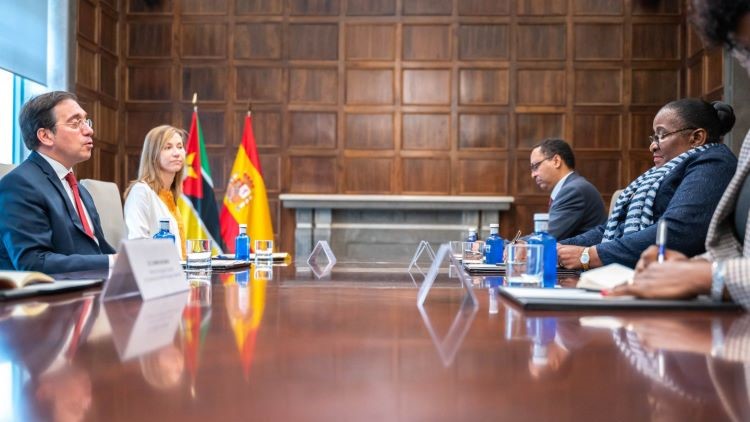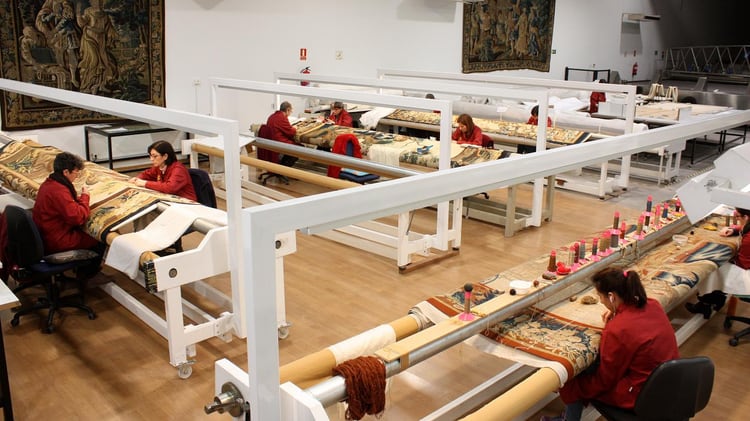The Diplomat
The Minister of Foreign Affairs, José Manuel Albares, received yesterday in Madrid his counterpart from Mozambique, Verónica Macamo, with whom he discussed, among other issues, the commitment of the Spanish Cooperation with health, education and economic development of the African country.
“Productive meeting with my Mozambique counterpart, Verónica Macamo,” Albares stated through his Twitter account. “We have addressed our bilateral and cooperation relations and the regional situation,” he continued. “I have reiterated to her the commitment of the Spanish Cooperation and the Spanish Agency for International Development Cooperation (AECID) to the health, education and economic development of the African country,” he added.
Relations between Spain and Mozambique are mainly focused on development cooperation. Mozambique has been a priority country for Spanish Cooperation since the first Master Plan (integrated in the group of Least Developed Countries of Association) and within the III Africa Plan and its Africa 2023 Focus action plan.
The Basic Agreement on Scientific and Technical Cooperation was signed in 1980 and in 1990 a Technical Cooperation Office was opened in Maputo. Seven joint commissions have been held so far. In April 2019, Queen Letizia made a cooperation trip to Mozambique to learn about the work of Spanish Cooperation in democratic governance, health, nutrition and rural development, as well as the emergency response given to those affected by Cyclone Idai.
On October 15, 2021, the Secretary of State for International Cooperation, Pilar Cancela, and the Deputy Minister of Foreign Business and Cooperation of Mozambique, Manuel José Gonçalves, signed in Madrid the Country Partnership Framework (MAP, for its acronym in Spanish) 2021-2024, within the guidelines of the V Master Plan and which reflects the priorities established by the Mozambican authorities in coordination with all the actors of the Spanish Cooperation. MAP has a budget of 47 million euros, eleven million of which correspond to cooperation delegated by the European Union.
The main lines of action are health, food security, rural development, education, gender and governance. From the point of view of territorial priorities, Cabo Delgado stands out, a region in the north of the country which is undergoing a serious situation of insecurity and violence due to jihadist terrorism (and to which 15 million euros of the 47 million euros of the MAP have been earmarked). For this reason, two other provinces in the north, Niassa and Nampula, are also priorities. In the south, priority is given to the provinces of Maputo, Gaza and Inhambane.
At the beginning of March, Pilar Cancela made her first trip to Mozambique since the approval of the new Law on Cooperation for Sustainable Development and Global Solidarity, where she signed a Memorandum of Understanding between the Ministry of Health of Mozambique and AECID to consolidate collaboration in primary health care, medical training and access to health resources.
In addition to the cooperation carried out by AECID, there is also a strong presence of decentralized cooperation in Mozambique through the Autonomous Communities of Galicia, Catalonia, Andalusia and Navarre, among others, and several city councils, including Barcelona. In the field of security cooperation, Spain participates with two troops in the European Union Training Mission (EUTM), training special forces to fight against jihadist terrorism in the north of the country.







